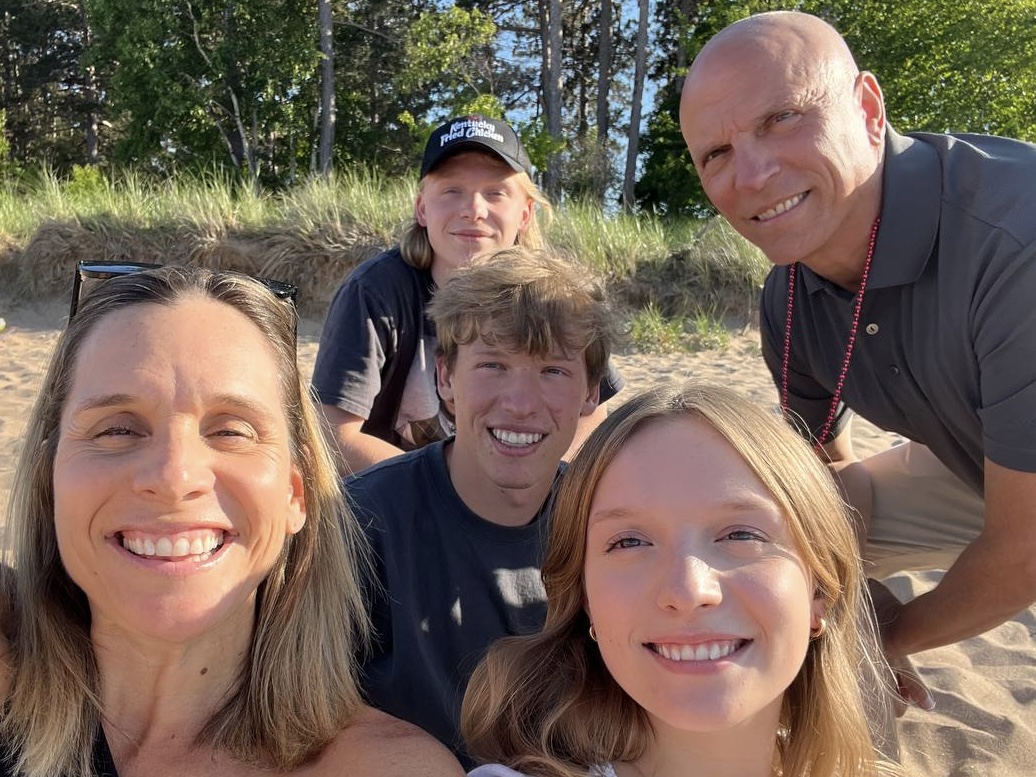As some of you who read my blog or know me personally have heard my concerns about climate change. This is a slow-motion disaster occurring over several generations. It frustrates me that the evidence is quite clear that humanity will be living in a diminished world in the near future, and we are doing nothing to prevent it. It was through this lens that I read journalist Lizzie Johnson’s “Paradise: One Town’s Struggle to Survive an American Wildfire.” Drought is more frequent, especially in the American West and I wanted to get a better understanding of the most destructive wildfire in US history that took place in November of 2018. The fire completely destroyed several towns in Butte County, 150 miles northeast of San Francisco. Over 80 people died in the fire and it was the most expensive home and building damage in history.
A downed electrical wire was the cause of the fire. It made me angry that the Pacific Gas and Electric Company was so negligent and incompetent in the maintenance of the grid. PG&E services over 5 million homes in northern California and takes in immense profits. They should have paid their investors and administration less and put more into safety. The greed and carelessness are gross.
PG&E’s incompetence and avarice were not the only cause of the fire. Another cause that really irks me is the tendency for people to move out of towns and build homes on some forested acreage. The concept is called “Wildland-Urban Interface,” where people want to move out of town for privacy and quiet. They build homes on 1-10 acre forested plots. This creates a fire risk and also breaks up wilderness areas. I wish people would stay in town instead of many choosing privacy. In my opinion, people are better off being close to neighbors and having more community interaction instead of being in their homes or on their decks in isolation. Well-being comes from interaction with others, and the solitude of nature can be found daily in many of these areas through hiking, kayaking, camping, etc., instead of many people having their little piece of wilderness. I hope municipalities of the future see this trend and put a stop to it through thoughtful zoning laws. The other causes are, of course, drought and mismanagement of forests and fire. Controlled burning should be implemented to mimic natural conditions to reduce fuel for big fires.
Johnson does incredible reporting! She lived with families from Paradise for 2 years and collected all of their stories. The book reads like an action movie, and the reader feels like they are trying to evacuate or escape the fire. It also highlights the uncertainty and misinformation that occurs in emergencies. For example, the police were stopping all traffic coming entering the highway leading out of Paradise, backing up traffic all the way into the fire zone due to not knowing where the fire danger actually was. I would like to read more about the Australian government’s strategy of advising people to stay put instead of evacuating wildfires in the Wildland-Urban Interface. Many people who stayed in the fire zone survived through finding shelter away from trees. For example, a big parking lot surrounding a WalMart. Wildfire passes quite quickly and sometimes it is better to stay in place, rather than get trapped in cars on narrow, tree-lined streets.

